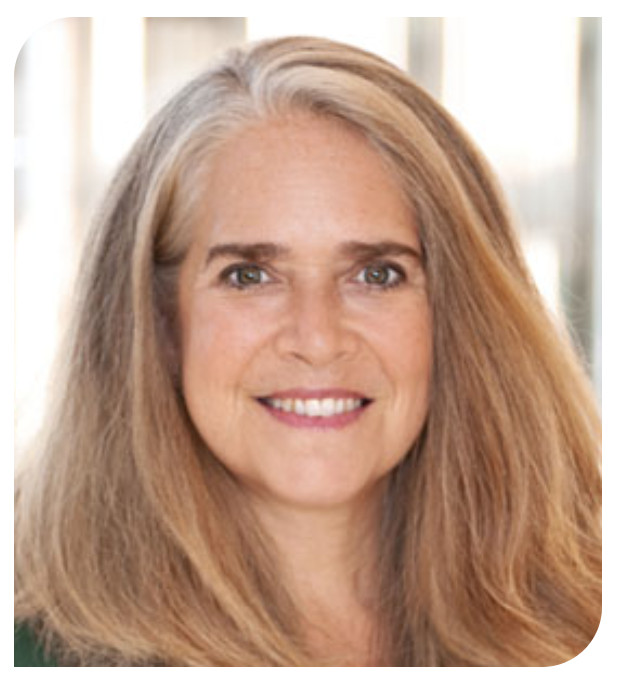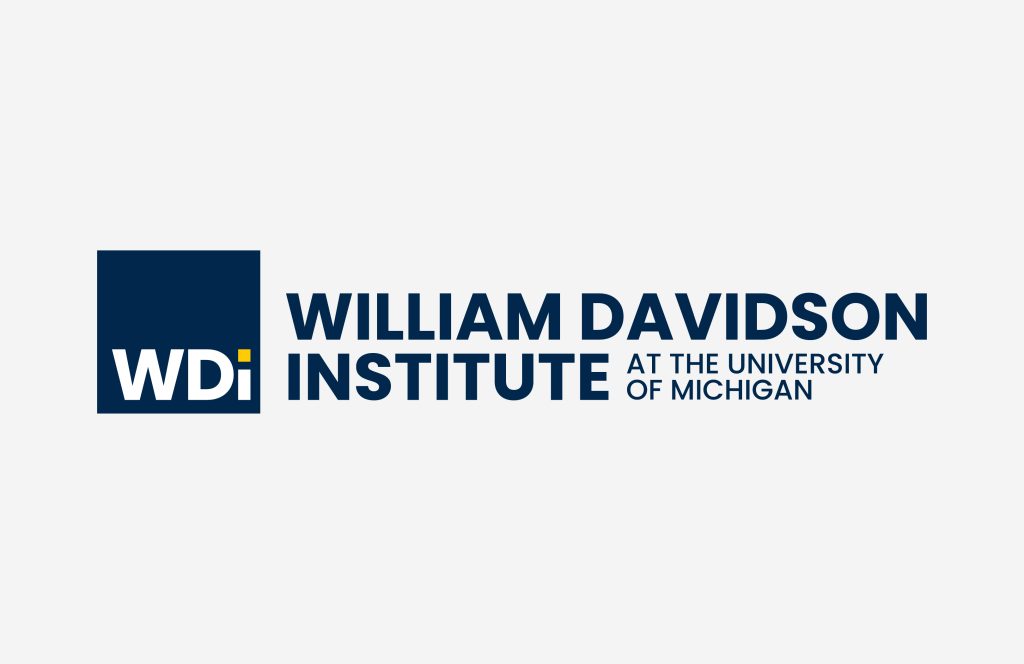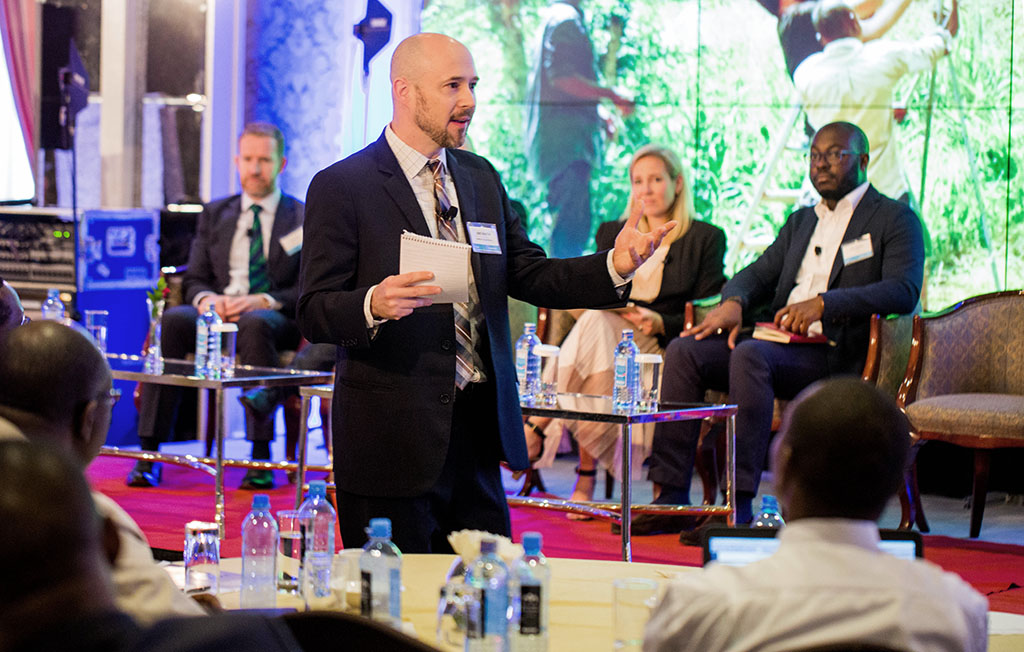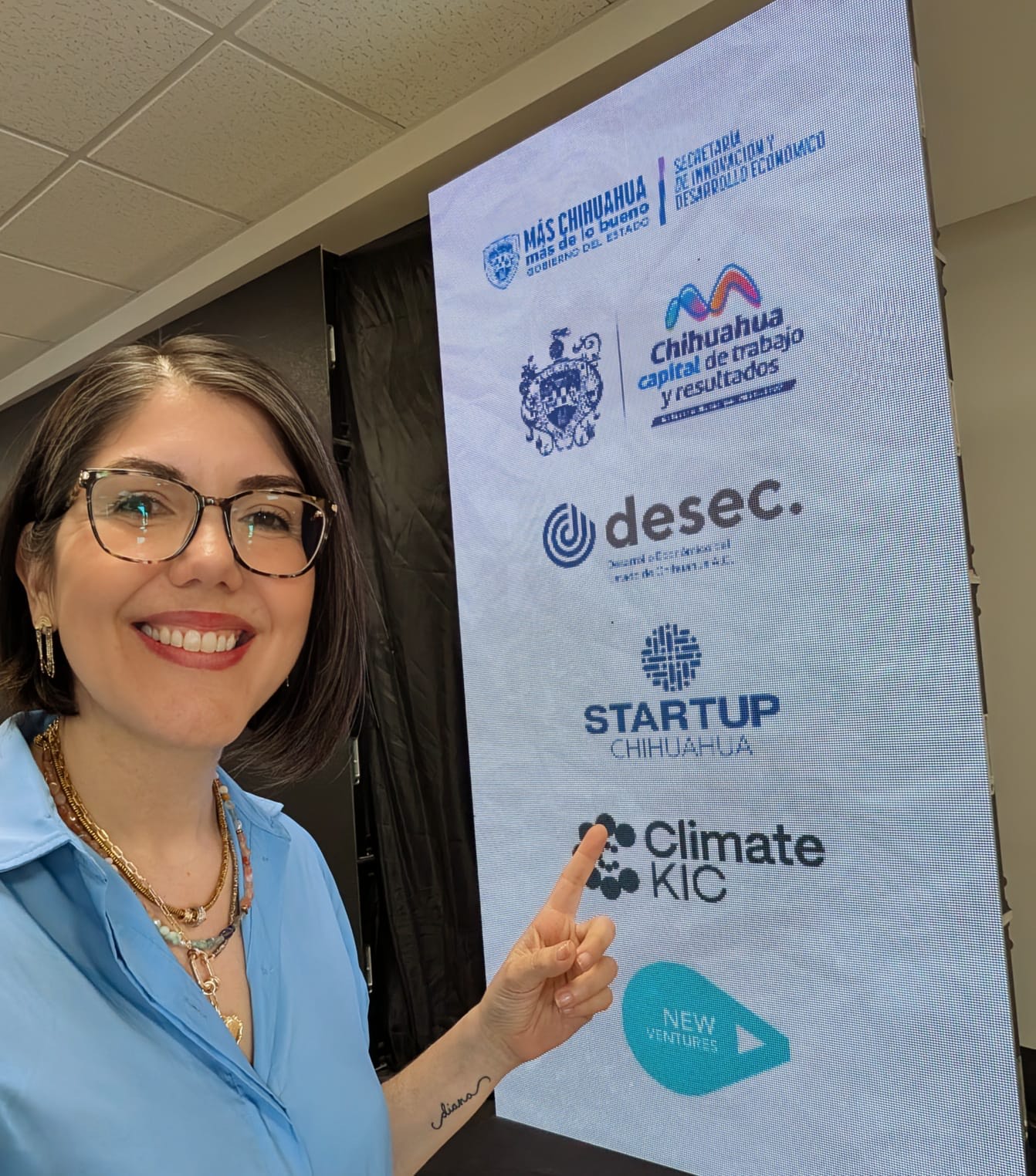By Wendy Taylor, WDI President and CEO
Over the past few months, I’ve spent time with entrepreneurs, investors, and policymakers across three continents — from Kigali to Manila to Detroit. In every setting, I’ve felt something shifting.
Yes, the global development sector continues to navigate profound turbulence — a contraction in foreign aid, geopolitical realignments, and a new calculus of risk. But amid that uncertainty, I’ve also seen something else: resilience, creativity, and ownership emerging from the ground up.
At the Africa HealthTech Summit in Rwanda, I watched startups, investors and country governments rally around a shared vision for a digital health future. What struck me most was not just the cutting-edge innovations developed by African entrepreneurs, though they were impressive, but the tone of the conversation. Ministers of health and technology weren’t talking about loss. They were talking about opportunity: health innovation as a new engine of prosperity, longevity, and human potential in the age of AI.
The same optimism pulsed through the Africa e-Mobility Week, where our WDI team saw innovators and financiers advancing solutions for a clean, inclusive transport transition. And at both the Convergence Global Forum on Blended Finance and SOCAP, development finance institutions (DFIs), investors and intermediaries are still in the game, finding creative approaches to de-risk investment at scale and unleash billions in private capital for emerging markets.
Across these moments, one theme came through clearly: entrepreneurs aren’t waiting for the donor community to regroup — they’re pressing forward. They see innovation as a path to solving some of the world’s toughest challenges. And governments see business as a force for self-determination and resilience. That conviction — that the path to inclusive prosperity runs through local enterprise — has always been at the heart of WDI’s mission.
A Mission for the Moment We’re In
That’s why our new brand and visual identity mean so much more than a new logo or website. They’re a reflection of the world we’re a part of — dynamic, collaborative, and ready to build in an equitable and sustainable manner.
Our refreshed strategy captures WDI’s evolution as a solutions-driven organization that works alongside entrepreneurs, enterprises, and ecosystems in critical sectors like clean energy, e-mobility, health, and climate-health. It represents a bolder, more confident expression of what we’ve always believed: that the right mix of business insight, partnership, and innovation driven locally can turn markets into engines of inclusion and growth.
This strategy reflects the world we see emerging — and the one we want to help shape and sustain. It’s a signal that WDI is doubling down on what we do best: turning ideas into action and optimism into opportunity.
To do that, we work in three interconnected ways — as a knowledge builder, enterprise accelerator, and system catalyst. We build and share business knowledge tailored to the realities of emerging markets through training, case publishing, applied research, and insights that inform better decisions. We partner with local incubators and accelerators to close the gaps that hold enterprises back, jumpstarting the next generation of growth and impact. And we focus deeply at the systems level, because we know from decades of experience that even the best ideas can’t scale without supportive ecosystems.
When ecosystems are strong, breakthroughs move from lab to market. When catalytic capital flows, value chains open up. And when governments, investors, and enterprises align, entire systems can shift. That’s the work WDI was built for, and what our new brand boldly signals to the world.
Investing in People and Possibility
As part of this next chapter, we’ve launched the WDI Academy, a platform that builds on our decades of management education and training. The Academy connects the academic excellence of the University of Michigan’s Ross School of Business with deep local expertise and the realities of frontier markets, co-creating and delivering learning experiences that help ensure leaders of today and tomorrow have the skills they need to grow and scale their impact.
Our work has always been about bridging the worlds of academia and action, learning and insights. Through the WDI Academy and our other knowledge platforms, including NextBillion and WDI Publishing, we’re expanding that bridge — connecting world-class insights with the real constraints and opportunities leaders face every day.
From Our History to Our Future
WDI was born in a moment of transformation. When the Institute was founded in 1992, as countries across Eastern Europe transitioned from command economies to open markets, businesses and governments urgently needed new skills to compete. The world had changed and so had the rules of growth.
More than three decades later, we’re again living through historic change — this time driven by digitalization, climate transitions, and shifting global finance. The parallels are striking. Then, as now, success depends on equipping people, enterprises, and institutions to adapt with confidence and competence.
Looking Ahead
At WDI, we’re realistic about the headwinds. Funding is tight and competition for fewer dollars is fierce. But this is not a moment to pull back — it’s a moment to double down and swing big. We’re investing ahead of revenue in catalytic areas like frontier finance, energy and health, and innovation ecosystems; modernizing our brand to reflect our ambition; and expanding local and regional partnerships that position WDI as a trusted ally for those building the next wave of inclusive growth.
Now is the time to learn faster, partner smarter, and push the boundaries of what’s possible. Because the future of development isn’t about waiting for solutions to arrive — it’s about building them, together.

Wendy Taylor is President and CEO of the William Davidson Institute, a global nonprofit affiliated with the University of Michigan, dedicated to unlocking the power of business and markets to tackle critical global challenges and drive inclusive economic growth.



